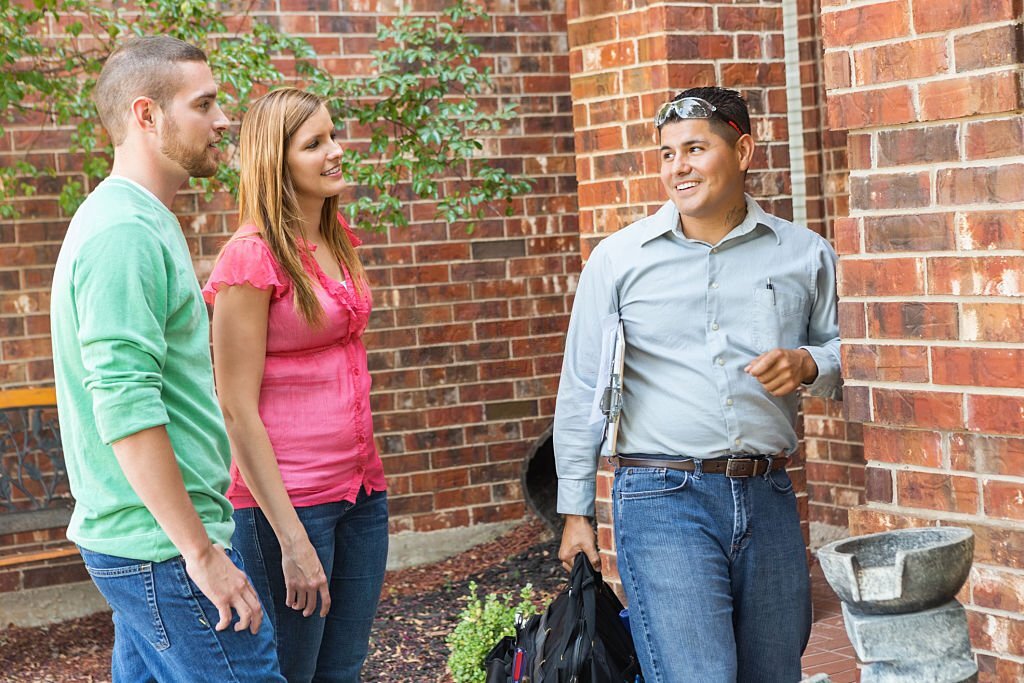With more and more people becoming increasingly eco-conscious, seeking out greener initiatives in their energy expenditure, you would assume that the trend in new builds would be leaning in the same direct. However, the true statistics prove that it’s becoming rarer than ever to attain a newly built energy efficient home in today’s market.
Statistics of Energy Efficiency New Builds in the UK
According to a recent article in the Telegraph that centred on the need for more energy efficient builds, there have been less “energy-efficient new homes completed last year than there were in 2012”. That statistic, based on a government census is alarming, considering the increased demand and importance for greener and more sustainable consumption of energy in the future.
National statistics pertaining to the energy efficiency of new builds show a drastic decline of homes built with energy saving initiatives in place after 2013. For example in the last quarter of 2013 nearly 40,000 homes had ‘Affordable Warmth Measures’ installed. Compare that to the last quarter of 2016, and that number dropped a whopping 30,000, with only 10,000 homes having those measures installed. Despite that 2013 statistic amounting to an estimated lifetime bill savings of £8.8bn, large scale developers seem to have scaled back in their energy efficient initiatives for new builds in recent years, making it harder than ever to seek out greener living.
Why Is There a Lack of Energy Efficient Homes?
There’s much speculation about the real reason we’re seeing a decline in energy efficient homes, from government funding cuts to builder’s complacency, and arguably ignorant attitudes to newer development techniques. While some smaller builders are blazing the trails on energy efficiency that is both cost effective to the developer and the homeowner, other large volume builders couldn’t be bothered. Often these developers will insist that the costs of building energy efficient homes that meet regulation standards are just too high to be worth their time and energy. It might be the case that for many high volume developers, saving the homeowner money in the long run is not the top priority, if it means having to get up to speed on new techniques and procedures. The sad news for homeowners is that prices on energy efficient homes generally tend to be comparable to non-energy efficient homes. However, the real issue isn’t the cost of owning one, but simply finding a new build with energy efficient initiatives when the market is so sparse.
Looking for An Energy Efficient New Home?
If you’re in the market for a newly built energy efficient home, do your research and expand your desired living area to get a better result in a limited pool. Even more importantly is to seek out real reviews from homeowners who have recently purchased a home, in order to get a sense of whether or not the homes really met their standards. Sites like the New Home Builder Review help bring the homeowners to you, and ensure that you don’t make a hasty purchase. Builders and realtors often sugar coat the details but the homeowners should be your first stop for accurate and informative information.
When looking at the House Builder Review’s, you’ll want to pay close attention to any hidden costs that homeowners had to pay after closing in terms of their energy efficiency, and also whether or not the homes achieved the purpose of saving money on their energy bills. Making a switch to an energy efficient home comes with a learning curve, and all the proper procedures must have been carried out by the builder to ensure the home is up to code. There would be nothing worse than expecting your home to be energy efficient but having issues with insulation. Not only would that make your new home less than comfortable, you could be looking at thousands of pounds out of your own pocket.
It’s essential to get an idea of the track records of both small and large scale builders, and the overall satisfaction of the homeowners before making a deal on an energy efficient new build. Having a greener home can save you thousands of pounds, give you peace of mind that you’re making a difference and it doesn’t have to cost you any more than a traditional home. Seeking out the reviews and doing your research should pay off, and hopefully even increase the pressure on builders to deliver new builds that fill the demand for energy efficient homes moving forward.
